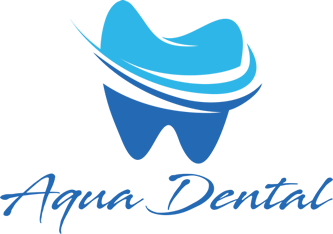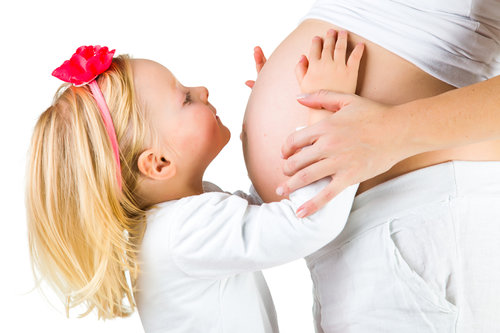Many women do not seek—and are not typically advised to seek—dental care as part of their prenatal care, although pregnancy provides a “teachable moment”. The American Academy of Pediatric Dentistry (AAPD) recommends that all pregnant women receive oral healthcare and counseling during pregnancy. Research has shown evidence that periodontal disease can increase the risk of preterm birth and low birth weight. Talk to your dentist about ways you can prevent periodontal disease during pregnancy.
Additionally, mothers with poor oral health may be at a greater risk of passing the bacteria which causes cavities to their young children. Mother’s should follow these simple steps to decrease the risk of spreading cavity-causing bacteria:
- Visit your dentist regularly.
- Brush and floss on a daily basis to reduce bacterial plaque.
- Eat a proper diet with the reduction of beverages and foods high in sugar and starch.
- The CDA Foundation recommends taking prenatal vitamins, including folic acid to reduce the risk of birth defects such as cleft lip and palate, and eating foods high in protein, calcium, phosphorus, and vitamins A, C, and D.
- Use a fluoridated toothpaste recommended by the ADA and rinse every night with an alcohol-free, over-the-counter mouth rinse with .05 % sodium fluoride in order to reduce plaque levels.
- Don’t share utensils, cups or food which can cause the transmission of cavity-causing bacteria to your children.
- Use of xylitol chewing gum (4 pieces per day by the mother) can decrease a child’s caries rate.
If you are pregnant or have just given birth and have questions about your perinatal oral care, contact dentists Drs. James and Samuel Owens office at 918.455.7700.


Recent Comments